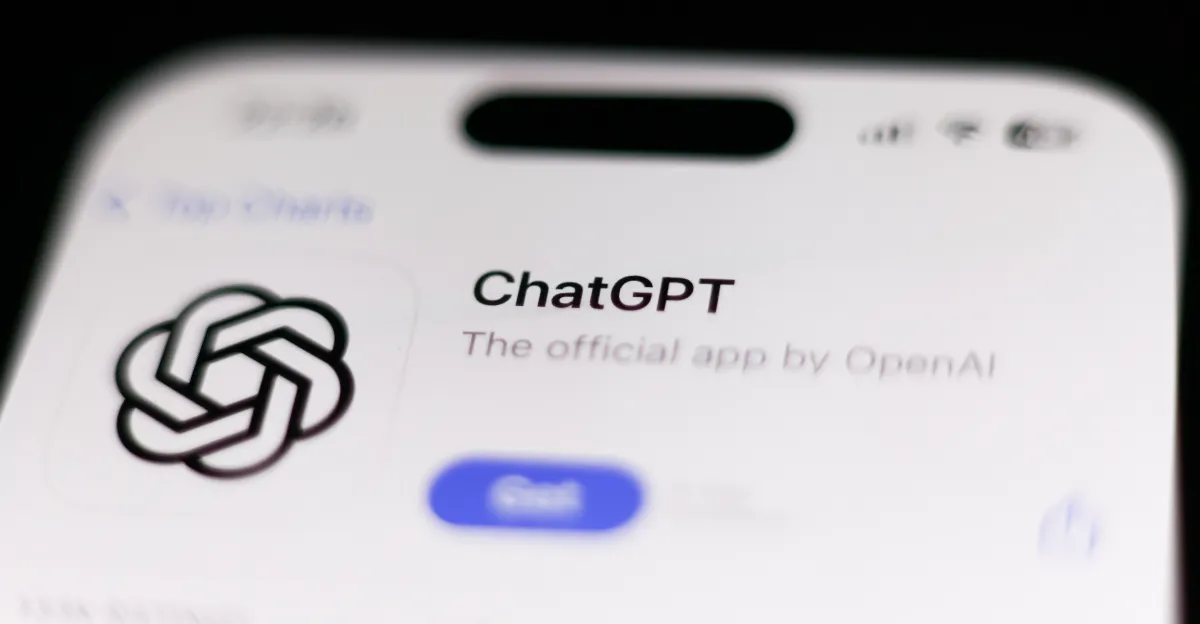By Terence J Sigamony
Copyright brecorder

ISLAMABAD: Justice Tariq Mehmood Jahangiri challenged the order of a Division Bench of the Islamabad High Court, which has restrained him from performing judicial work until the Supreme Judicial Council’s (SJC) decision on his allegedly fake degree.
Justice Tariq Mehmood Jahangiri on Friday filed a civil petition, through Advocate on Record (AOR) Syed Raffqat Hussain Shah, under Article 185(3) of the constitution, citing Mian Dawood and Siraj Ahmed as respondents.
In July last year, Mian Dawood had filed a writ of quo warranto in the IHC with the request to probe Justice Jahangiri’s ‘fake law degree’. He claimed that Justice Jahangiri’s appointment was unconstitutional due to an allegedly invalid degree.
Barring Justice Jahangiri from judicial work: PTI seeks SJC’s intervention
Former Chief Justice IHC, Aamer Farooq, had reserved the judgment over the maintainability of the petition.
In his petition, Justice Jahangiri claimed that till 16.09.2025, Dawood’s application languished in the IHC under the label of Diary No. 13567 of 2024, without removing the office objections.
The petition states that a Division Bench of the IHC, comprising Chief Justice Sardar Muhammad Sarfraz Dogar and Justice Azam Khan, on 16-09-25, after hearing the arguments of the office bearers of the Islamabad Bar Council, the Islamabad High Court Bar Association, restrained Justice Tariq Mahmood Jahangiri from performing judicial work.
He contended that the impugned order is patently illegal, is unprecedented in judicial history, and is a near-fatal blow to the independence of the judiciary. He stated that the impugned order was passed in callous disregard of Articles 189 and 209(7) of the Constitution.
The petitioner submitted that Mian Dawood’s petition was initially listed, on 16.09.2025, as an objection case, i.e., under an office objection regarding the maintainability of the petition, with notice issued only to the petitioner, i.e., respondent No. 1, who did not appear before the bench on that day.
He contended that the Bench never ruled on the objections. As no order was passed in open court overruling the objections and fixing the petition for hearing, and as no cause list was issued after which the Bench reconvened to hear the petition, no order could have been passed on the petition.
He maintained that the impugned order is in breach of the right to access to justice and due process guaranteed by Article 10A, which entails the right to an open hearing.
Copyright Business Recorder, 2025



